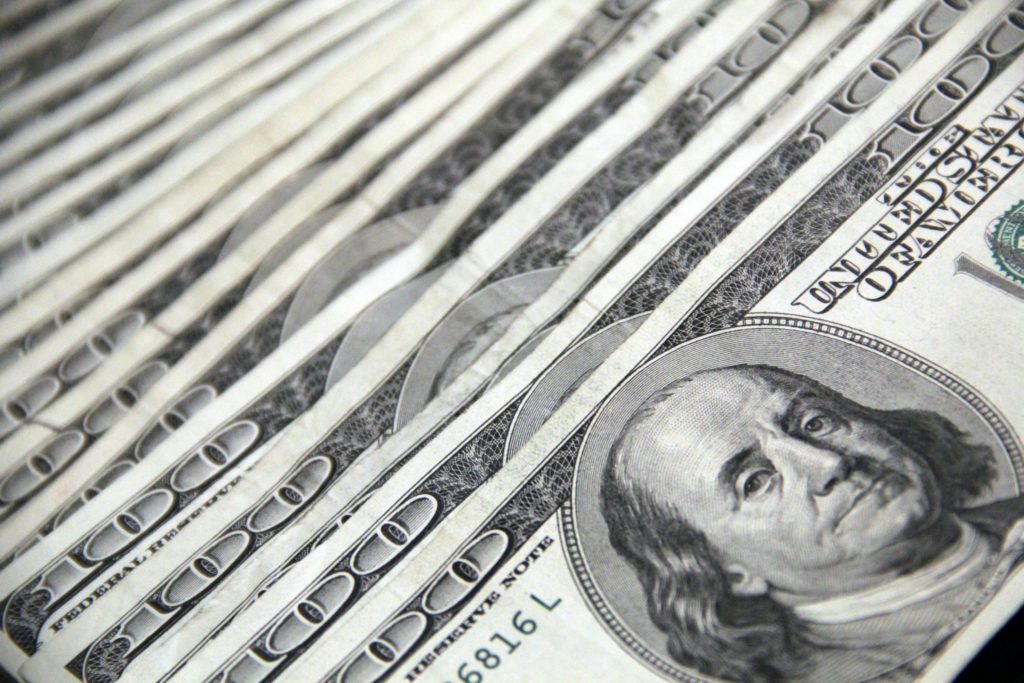Digital Temptations: Psychological Insights and Techniques to Stop Porn Addiction
The internet’s pervasive influence has transformed various facets of our lives, but alongside its myriad of benefits come several pitfalls. One such challenge is the easy accessibility to adult content, leading many toward porn addiction. However, this issue is not just about willpower but is deeply rooted in psychology. For those looking for guidance on how to stop porn addiction, a deeper understanding of its psychological basis and techniques tailored to address it can be instrumental. Let’s dive into the world of digital temptations, their psychological foundations, and strategies to break free.
The Psychology Behind Porn Addiction
- Dopamine Release: Like many addictive behaviors, watching porn releases dopamine, a neurotransmitter associated with pleasure and reward. Over time, as one becomes accustomed to the surge of dopamine from porn, it creates a cycle of dependence.
- Escapism: Many individuals use porn to escape daily stresses, anxieties, or emotional pain. It offers a reprieve from reality, but this escape can become an unhealthy coping mechanism with consistent use.
- Novelty Seeking: The endless online content fuels a never-ending search for novelty, keeping the user hooked.
- Conditioned Response: Over time, specific triggers (like being alone, experiencing stress, or using a particular device) can become linked with the urge to view porn. This conditioning makes it harder to resist the temptation when exposed to these triggers.
Techniques and Insights to Combat the Addiction
- Recognize the Problem: The first step in any recovery journey is acceptance. Recognize and acknowledge the negative impact of the addiction on your life.
- Cognitive Behavioral Therapy (CBT): This therapeutic approach alters maladaptive behaviors. CBT helps individuals recognize damaging thought patterns and equips them with tools to challenge and modify these behaviors.
- Mindfulness Meditation: Mindfulness can increase awareness of one’s thoughts, feelings, and triggers. By practicing meditation, one can observe their urges without acting on them, allowing the moment of temptation to pass.
- Limit Accessibility: Make it challenging to access adult content. Use website blockers and parental controls, and even consider changing your browsing habits. If you predominantly access content on a particular device, restrict its use or place it in a shared space.
- Replace the Habit: Instead of trying to stop the behavior, find healthier alternatives. Engage in activities that bring joy and fulfillment, be it sports, hobbies, reading, or spending quality time with loved ones.
- Seek Professional Help: Engage with a therapist who can provide tailored strategies to stop porn addiction. Therapy can help unearth underlying issues, offer coping mechanisms, and provide a safe space for discussing the addiction.
- Avoid Triggers: Identify situations or times when you’re most vulnerable. By recognizing these triggers, you can prepare for or avoid them altogether.
- Join Support Groups: Being part of a community that shares your struggle can offer invaluable support. Groups like Sex Addicts Anonymous (SAA) can provide insights, camaraderie, and strategies to combat addiction.
- Educate Yourself: Understanding the broader implications of porn, both personal and societal, can serve as a deterrent. Delve into the adverse effects of porn on mental health, relationships, and the broader industry’s darker aspects.
- Establish a Routine: A structured daily routine can reduce idle time, which often leads to succumbing to temptations. Fill your day with productive and fulfilling activities.
- Accountability Partner: Sharing your goal with a trusted friend or family member can add an external layer of accountability. Knowing someone is there, cheering for your success, and checking in on your progress can make a difference.
In conclusion, understanding the psychological underpinnings of porn addiction can clarify and strengthen the resolve to combat it. While the digital world presents numerous temptations, armed with the proper knowledge, tools, and support, one can navigate these challenges successfully. The journey of understanding how to stop porn addiction is not just about abstention, but it’s about regaining control, reclaiming time, and leading a more connected and fulfilling life.
Digital Temptations: Psychological Insights and Techniques to Stop Porn Addiction Read More »













